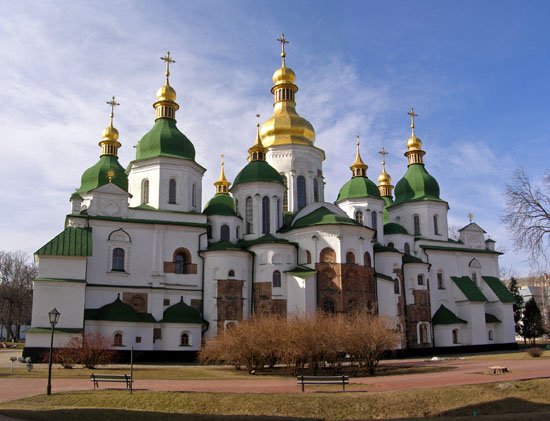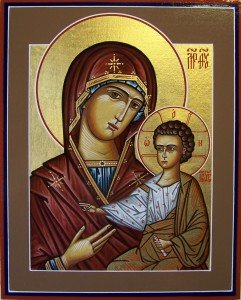 In this article I have been looking at the context in which Matthew’s Gospel was composed. His intensified invective against Jews flows from conflicts between his community of Christian Jews and other Jews in his setting. This realization does not legitimate his language. Rather, it contextualizes it. We can understand why he wrote what he wrote in his contextual circumstances.
In this article I have been looking at the context in which Matthew’s Gospel was composed. His intensified invective against Jews flows from conflicts between his community of Christian Jews and other Jews in his setting. This realization does not legitimate his language. Rather, it contextualizes it. We can understand why he wrote what he wrote in his contextual circumstances.
To return to Matthew’s affirmation of Judaism, Matthew and his community are also claiming that what happened in Jesus is the fulfillment of Judaism, not its negation. The affirmation is made in a setting in which two Jewish groups are making the claim to be the true descendants of Abraham. Matthew’s affirmation, without its polemical edge, continues to be true: what happened in Jesus and early Christianity is deeply rooted in Judaism. To separate Christianity from its Jewish roots invariably leads not only to a diminishment of Judaism, but to a serious distortion of Christianity.
It would seem that some of this is still happening in our world today, albeit it is not between Judaism and Christianity but between Judaism, Christianity and Islam. All three religions are Abrahamic, that is they trace their origins back to Abraham. There is tension between people because of the need to be right. Which religion is the fulfillment of God’s revelation. This attitude of course fuels conflict.
Before we leave the Gospel of Matthew, we must consider its ending. If you don’t recall how the Gospel of Mark ends, pick up your New Testament and read it and then read the ending of Matthew’s Gospel.
Mark’s gospel ends with the story of an angel promising the women at the empty tomb that Jesus would appear to his followers in Galilee, though no appearance is narrated. In his last chapter, Matthew adds a story of Jesus appearing to his disciples in Galilee, thereby fulfilling the promise in Mark.
In a significant detail in the last chapter of Matthew, Jesus appears on the mountain (28:16). Just as the first block of Jesus’ teaching in this gospel happened on the mountain, so the gospel ends on the mountain. Big things happen on mountains in Matthew and often in the Bible, including the story of Moses on Mt. Sinai and the story of Jesus’ transfiguration. Jesus speaks his final words on a mountain. The last three sentences of Matthew combine affirmation, imperative and promise:
Affirmation: All authority in heaven and on earth has been given to me. This is the familiar New Testament affirmation that Jesus is Lord and all authority has been given to him by God. Note that in Matthew it is the risen Jesus who proclaims this, not the pre-Easter Jesus.
Next week, the imperative and promise!




